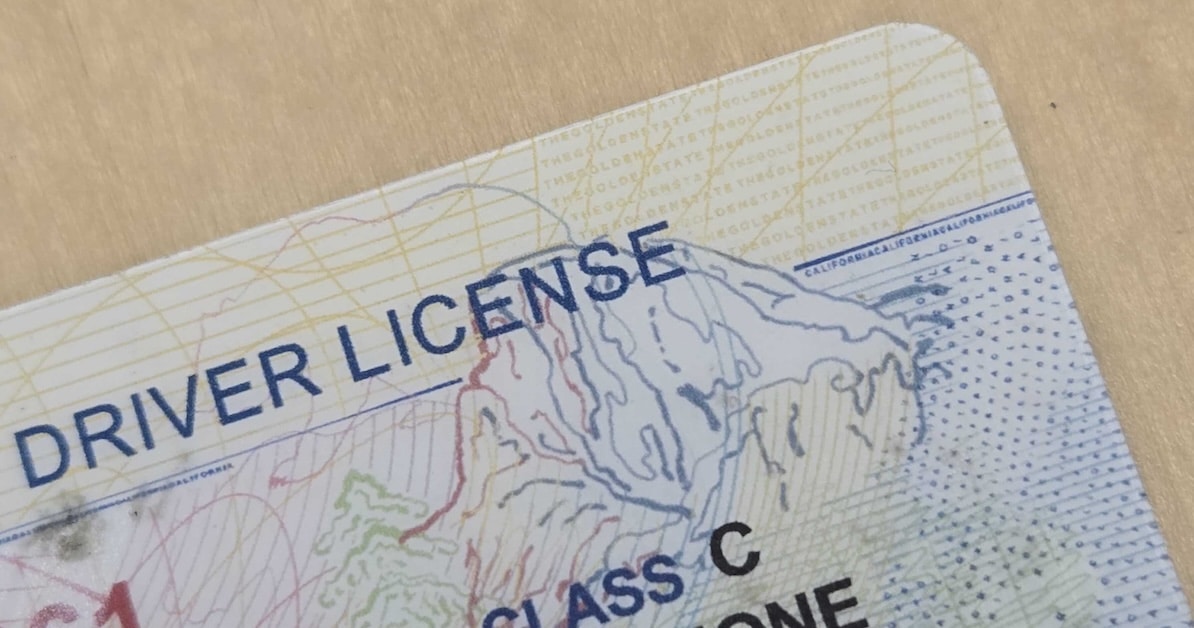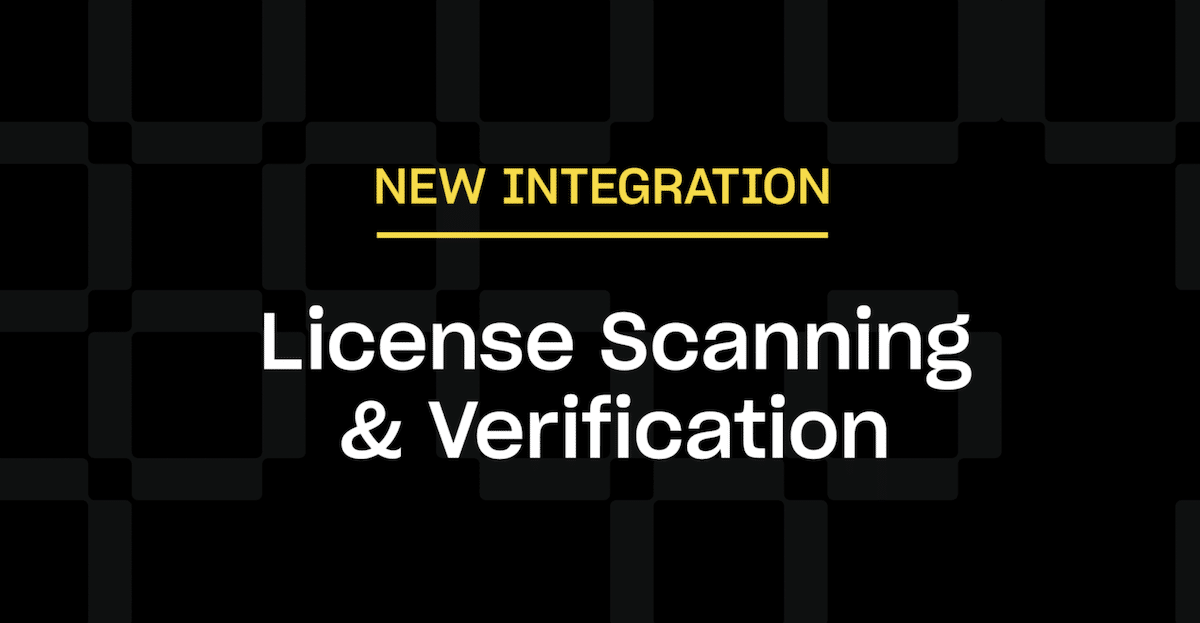A top identity verification provider’s predictions on the trends and technologies that will shape the landscape of digital trust and security in 2024
NEW ORLEANS, LOUISIANA, UNITED STATES, October 10, 2023 / EINPresswire.com / — In an era dominated by digital interactions and transactions, the significance of robust identity verification and seamless ID scanning solutions has never been more apparent. As we step into 2024, the realm of identity verification is undergoing a profound transformation driven by advanced technologies and an increased emphasis on security and user experience.
From biometric breakthroughs that seem straight out of science fiction to adaptive AI systems that outwit fraudsters, this year promises dynamic shifts in the field of identity authentication. IDScan.net delves into their predictions for the most salient identity verification trends for 2024 and beyond, revealing how these trends are reshaping industries and fortifying the digital trust that underpins our interconnected world.
Proliferation of digital IDs and mobile drivers licenses
The embrace of digital IDs and mobile driver’s licenses has gained momentum since the introduction of the nation’s first digital ID, LAWallet, in 2019. By late 2024, 11 states are live with active digital IDs, with 9 states in the process of launching interoperable digital IDs and 12 states exploring pilot programs. The TSA’s acceptance of mobile IDs at major airports further propels their utility, while Apple’s iOS 17 includes age verification capabilities for businesses using compatible digital IDs.
Age verification – a new internet norm
Amidst Congressional debates on online child protection, states are enacting their laws to regulate children’s online access. From age verification for adult websites to purchasing age-restricted items, these measures prompt a more regulated online landscape. Privacy advocates voice concerns over data security, while technical gaps and VPN circumventions challenge these initiatives.
Fraud prevention through ID scanning
As theft and fraud rise, ID scanning gains traction for its ease of implementation. Authenticity checks and database queries are integrated into ID scanning, providing businesses with confidence in verifying individuals’ identities. From deterring troublemakers in the entertainment industry to preventing retail fraud, ID scanning emerges as a versatile tool for risk mitigation.
Fraudsters and security professionals increasing reliance on AI
The surge in generative AI brings concerns of fraudsters exploiting advanced security measures. Deepfake technology poses a unique challenge, capable of deceiving identity verification systems with convincingly fabricated videos and audios. The arms race between deepfake creation and detection heightens, demanding a more adaptable approach to digital identity verification.
Government involvement in identity verification standards
Government agencies like the IRS and VA have paved the way for comprehensive identity management systems, driving initiatives like the Digital Identity Act. Concurrently, federal and state regulations on consumer privacy, data storage, and biometric data processing continue to evolve, shaping the interactions between businesses and consumer identity.
As the exploration of the top identity verification and ID scanning trends for 2024 concludes, it’s evident that our quest for digital trust and authenticity advances at an unprecedented pace. The amalgamation of these trends ushers in a new era where digital identity stands stronger than ever, bolstering security, user experience, and the foundation of our interconnected world.




